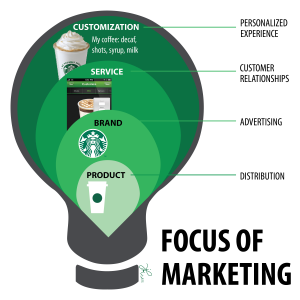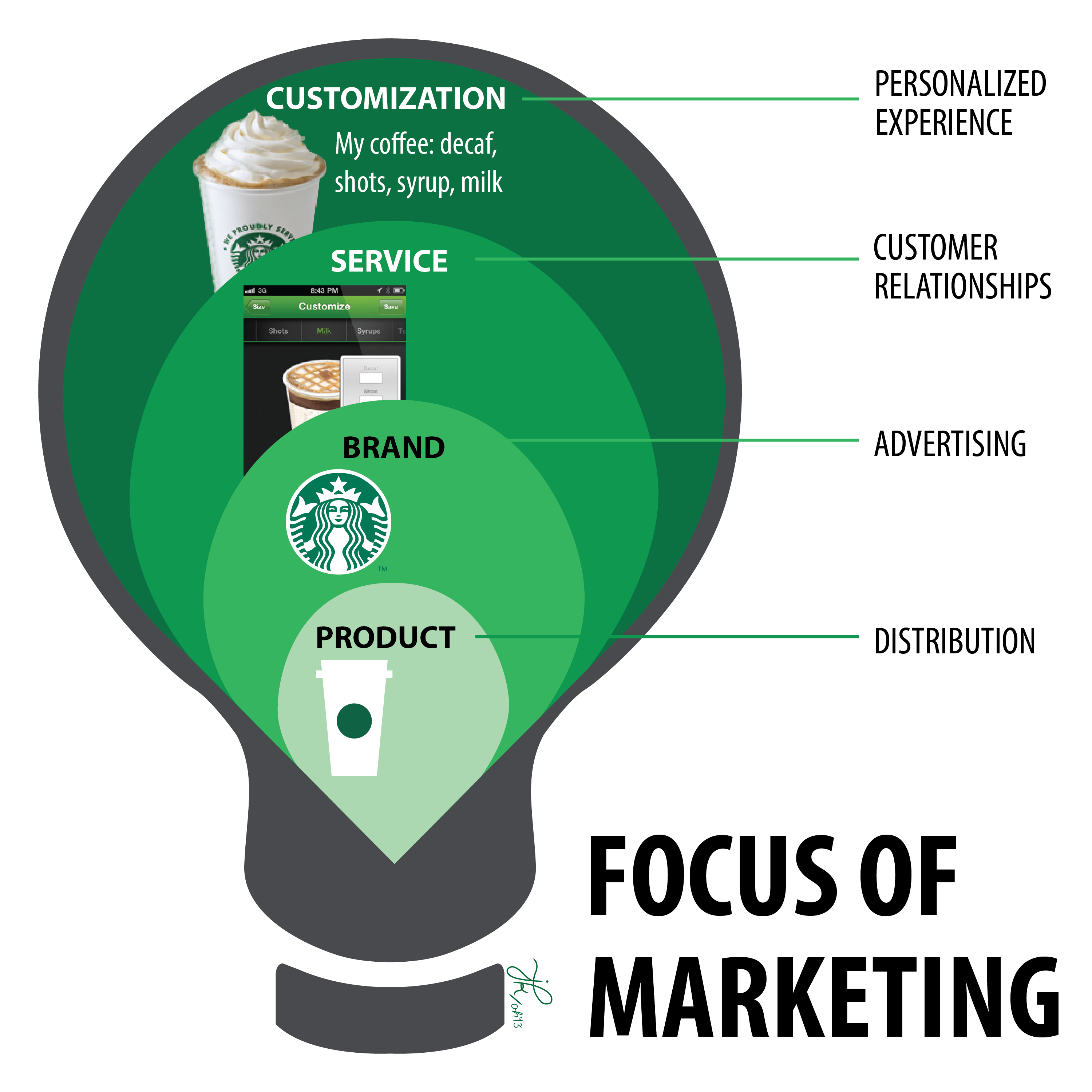Anew study from the Business Development Bank of Canada (BDC) identifies customization as one of five trends shaping consumer behaviour.

“It’s a great way to differentiate yourself in a crowded market,” said Pierre Cléroux, chief economist for the BDC.
The study finds that consumers are looking for products catered specifically to their needs and desires, and new technology makes it all possible.
Customization—individually customized goods or services—is profitable for companies because customers feel appreciated when their individuality is promoted.
The trend will soon reach smartphones—making them as unique as the way you take your coffee.
In late October, Google-owned phone company, Motorola, unveiled Project Ara: a build-your-own-phone approach to smartphones.
Project Ara will enable users to buy a basic frame and customize every aspect inside of it, from adding a keyboard, to choosing the battery and camera size. This level of customization has yet to be seen in smartphones, but Google remains hopeful the move will increase its current 6.9 per cent smartphone market share.
While customization remains mostly uncharted territory in the realm of smartphones, it’s well established in the coffee world of handcrafted beverages.
Starbucks Coffee is a shining example of the success of customization. Customers are notoriously known by baristas for their long list of amendments to standard drinks. If the many recent store openings in the province of Quebec are any indication, letting customers have their way seems to be in their best interest.
However, customization can be like overeating, according to Leslie H. Moeller, vice-president of the Booz Allen strategy and technology consulting firm in Cleveland.
“It feels good when you’re doing it. Then you wake up one day and you’re 80 pounds overweight,” Moeller told management magazine strategy+business.
Marketing professor, Jerry Wind, from the Wharton School of the University of Pennsylvania, added, “If customers have too much choice, they cannot make a decision; they freeze.”
While customization is mostly great for businesses, it can be a pitfall for consumers. Eli Pariser, author of The Filter Bubble, argues that despite the perks of customization, unintended negative consequences may arise.
In a TED talk, Pariser explained that the Internet is being subject to filtering, without users necessarily being consulted beforehand. Sites like Facebook, which are tailored to our individual online habits, filter our content accordingly. News and search results, on engines like Google, act the same way using various algorithms. As such, we risk not getting exposed to critical information, simply because other information is being filtered out by customization.
To demonstrate how extreme this idea of relevance could become, Pariser asked two friends, Scott and Daniel—both Caucasian and both from New York—to google “Egypt.” Daniel’s first page didn’t mention anything about the protests in Egypt, which was a major headline at the time, while Scott’s page did. Instead, Daniel’s results included links to travel agencies, the CIA Factbook of Egypt, and Egypt Daily News. These filters, according to Pariser, amount to a “filter bubble.” The danger, he argues, is that you don’t decide what gets in, and more importantly, you don’t see what’s left out.
While filtered content or “customized content” raises a number of privacy and information questions, the fact remains that most consumers want a product best suited for their needs and what better way to have that then by actively taking part in the production process—whether it’s your double non-fat extra foam macchiato or your new smartphone.




